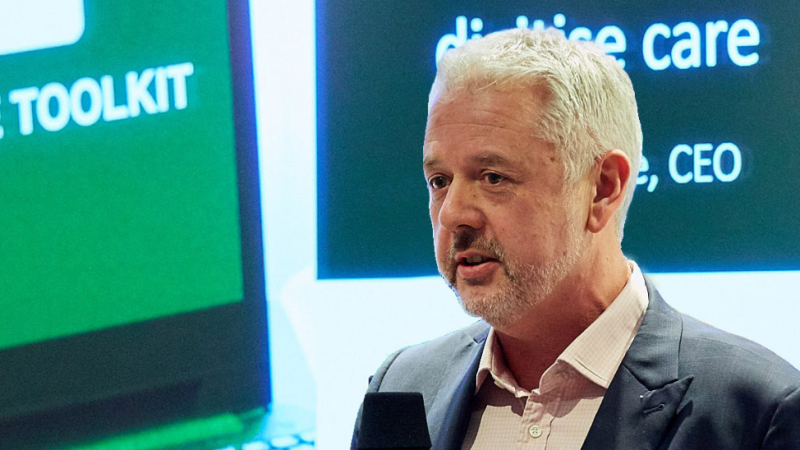We launched Inhealthcare in 2012 with the ambition of helping to solve some of the biggest challenges facing the UK health service. We saw how technology could free clinicians from mundane tasks to spend more time caring for patients and empower people with long-term conditions to look after themselves.
A decade later, Inhealthcare has transformed this vision into reality and today delivers virtual care services in partnership with NHS providers to more than two million patients across the UK.
When we started, the digital health industry was virtually non-existent. Telehealth, as it was called, was based on expensive pieces of hardware, which in many cases doctors were reluctant to refer to patients. In one well-publicised account, 2,000 high-tech devices bought by a primary care trust were written off as worthless after the bulk of GPs showed little interest in using them. To us, the underlying problem was simple: the approach was too focused on the equipment, rather than the patient.
With our experience and expertise in cloud computing, Inhealthcare doubled down on designing services around the needs of the individual. We are proud to have pioneered the design of digital health services with a choice of communication channels, giving people without a smartphone or broadband the ability to manage long-term conditions at home. We launched the Inhealthcare Toolkit, which helps NHS providers to design, deliver and deploy health and care services at a fraction of the cost, and landmark contract wins followed soon after.
The onset of COVID changed everything, turbocharging the take-up of digital health and remote monitoring services. They were no longer a ‘nice to have’ for some parts of the health service but essential for providing care to all people in a time of social distancing. Doctors and nurses quickly embraced new ways of working as the health system went through an accelerated process of change. The response from our team was inspirational as colleagues worked around the clock to support NHS workers on the frontline.
During the pandemic, Inhealthcare worked with the NHS to quickly rollout one of the first examples of a virtual ward with the technology-enabled Oximetry@Home pathway, bringing potentially life-saving care to more than 10,000 people across southern England and helping to reduce intensive care admissions and cut the length of hospital stays. NHS organisations are now using the same infrastructure to help patients self-manage other conditions including hypertension, COPD, asthma, heart disease, diabetes, depression, malnutrition and cancer.
Virtual care is now seen as central to the NHS. When the Prime Minister promised “new digital technology so doctors can monitor patients remotely in their homes” as part of the biggest catch-up programme in NHS history, it was an explicit acknowledgement of the important role that technology companies will play in elective recovery and in the future success and sustainability of our health service. NHS England has told the new integrated care systems to expand the successful virtual ward model as rapidly as possible.
As a business, we have continued to grow and develop, and earlier this year NHS Scotland confirmed Inhealthcare as the successful bidder for a contract to support the scaling up and mainstreaming of remote monitoring services across Scotland. Again, it builds on services deployed during the pandemic. An evaluation for the Scottish Government found that patients had positive experiences of using the pathway and staff felt supported and engaged. The evaluation indicated that it contributed to increased self-management among patients, improved resource efficiency and,importantly,reduced health inequalities with more than twice as many people from disadvantaged areas using the system.
The health tech sector has come a long way over the last decade, growing into an important part of the UK life sciences industry. Our home county of Yorkshire is at the centre of the action: latest government figures show we are the top region for digital health employment outside of London and the South East. The continued growth and development of virtual care services can certainly drive new job creation and investment in the North of England, contributing to the government’s Levelling Up agenda.
What’s next? We are bringing new products to market such as continuous monitoring technology to support the expansion of virtual wards, a ‘data lake’ for operational and strategic insights and a pioneering new service to improve the flow of information between different parts of the healthcare system. In other words, helping to solve some of the big challenges facing the UK health service.

